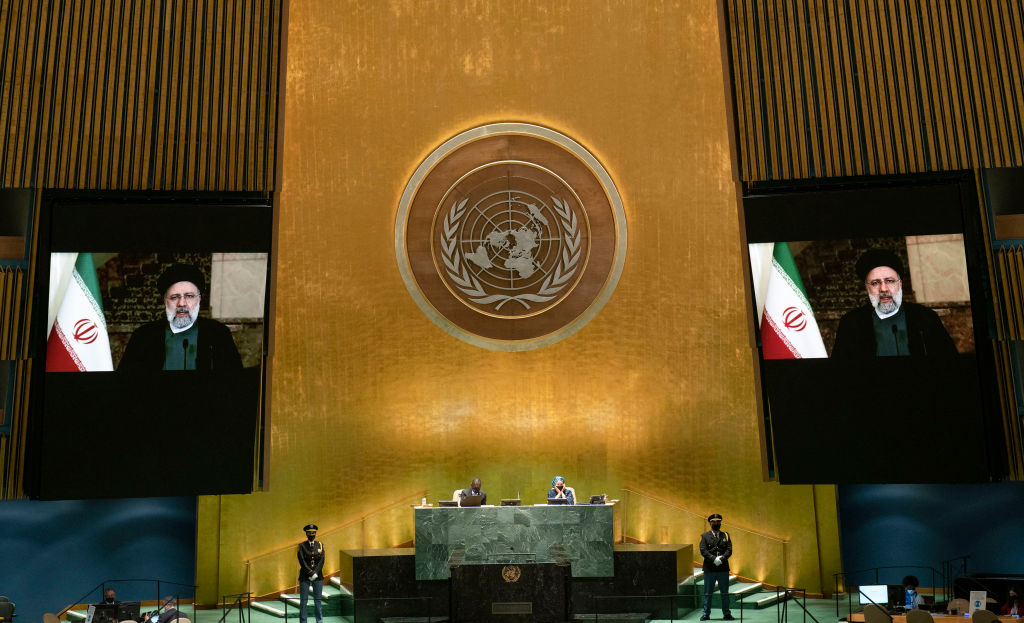Pakistan: “Blasphemy” for Ethnic Cleansing by Lubna Thomas Benjamin
http://www.gatestoneinstitute.org/8051/pakistan-blasphemy-ethnic-cleansing
- After the attack, some villagers gathered and started threatening other Christians, demanding they either convert to Islam or move out of the area. Then an Islamic religious decree was issued, to hand over Masih to the local Islamic clerics so that he could be burned alive for blasphemy.
- Why was only Masih (a Christian) accused of blasphemy, when Bilal (a Muslim) had obviously watched the video in question?
- The Christians who are left are searching to find an alternate place to live, and are now facing hatred in the guise of a boycott. No one is selling them food or any daily essentials.
- In Punjab, harassing Christians has become a norm; a way of getting rid of them. Every time Christians are threatened and forced to leave the area, the charge is always blasphemy.
It started as a normal day in the remote Pakistani village of Chak-44 for Imran Masih, a Christian man, and Bilal, his Muslim friend, in mid-April. Masih had revealed to Bilal that the woman he had fallen in love with was a Muslim.
According to media reports, Masih was called away urgently and left his phone with Bilal, who apparently came across a video that appeared in Masih’s Facebook feed, which allegedly contained content against the Muslim Prophet Mohammad. Bilal’s accusation that Masih had viewed that video became the reason to charge Masih with blasphemy.
You start asking questions, such as: Wait a minute, who has committed blasphemy?
No one will probably ever even know what was on that video or whether Masih even watched it. But even if Masih did watch it, he was not the only one: Bilal also watched it. However, in a country where might is right, Bilal, a Muslim with the support of fellow villagers, is always right.
In an instant, a friend had become not only a stranger, but a liar.
Bilal called in two other Muslims to help beat up his Christian friend. A doctor who appeared at the scene to save Masih from the angry men was apparently also a Muslim clergyman. He asked Imran for an apology.
After the attack, some villagers gathered and started threatening other Christians, demanding they either convert to Islam or move out of the area. Then an Islamic religious decree was issued, to hand over Masih to the local Islamic clerics so that he could be burned alive for blasphemy.
What had those Christian residents done to infuriate the local Muslims? They had merely lived in this remote region of Punjab.
Why was only Masih (a Christian) accused of blasphemy, when Bilal (a Muslim) had obviously watched the video in question?
The news reports also indicate that three quarters of the area’s Christians have already abandoned their homes. The Christians who are left are searching to find an alternate place to live, and are now facing hatred in the guise of a boycott. No one is selling them food or any daily essentials.
 Left: Imran Masih’s house in the village of Chak-44, Pakistan. Right: The Catholic Church in the village. (Images source: World Watch Monitor) Left: Imran Masih’s house in the village of Chak-44, Pakistan. Right: The Catholic Church in the village. (Images source: World Watch Monitor) |
The history of Punjab brims with violence and the torching Christian homes. All these horrific incidents illustrate an intense hatred for Christians. Religion here is a force that could divide any friendship.
The government and human rights organizations are well aware of this hatred and violence. Here, harassing Christians has become a norm; a way of getting rid of them. Every time Christians are threatened and forced to leave the area, the charge is always blasphemy.
A few years ago, I covered the story of Rimsha Masih, an underage Christian girl charged with the blasphemy in the outskirts of Pakistan’s capital, Islamabad. As one talked to the shopkeepers and her neighbors, their eyes would fill with hate. “We want to get Christians out of here,” the residents would say. Using a young Christian girl and getting her charged with blasphemy seemed like the perfect plan.
In Pakistan, under the guise of blasphemy laws, the Muslim citizens have been getting rid of the Christians for years.
Lubna Thomas Benjamin, recipient of the Hubert H. Humphrey Fellowship for the year 2011-12, was a television producer in Pakistan and has worked at CNN Atlanta. She is currently a freelance writer in the United States.
Comments are closed.
